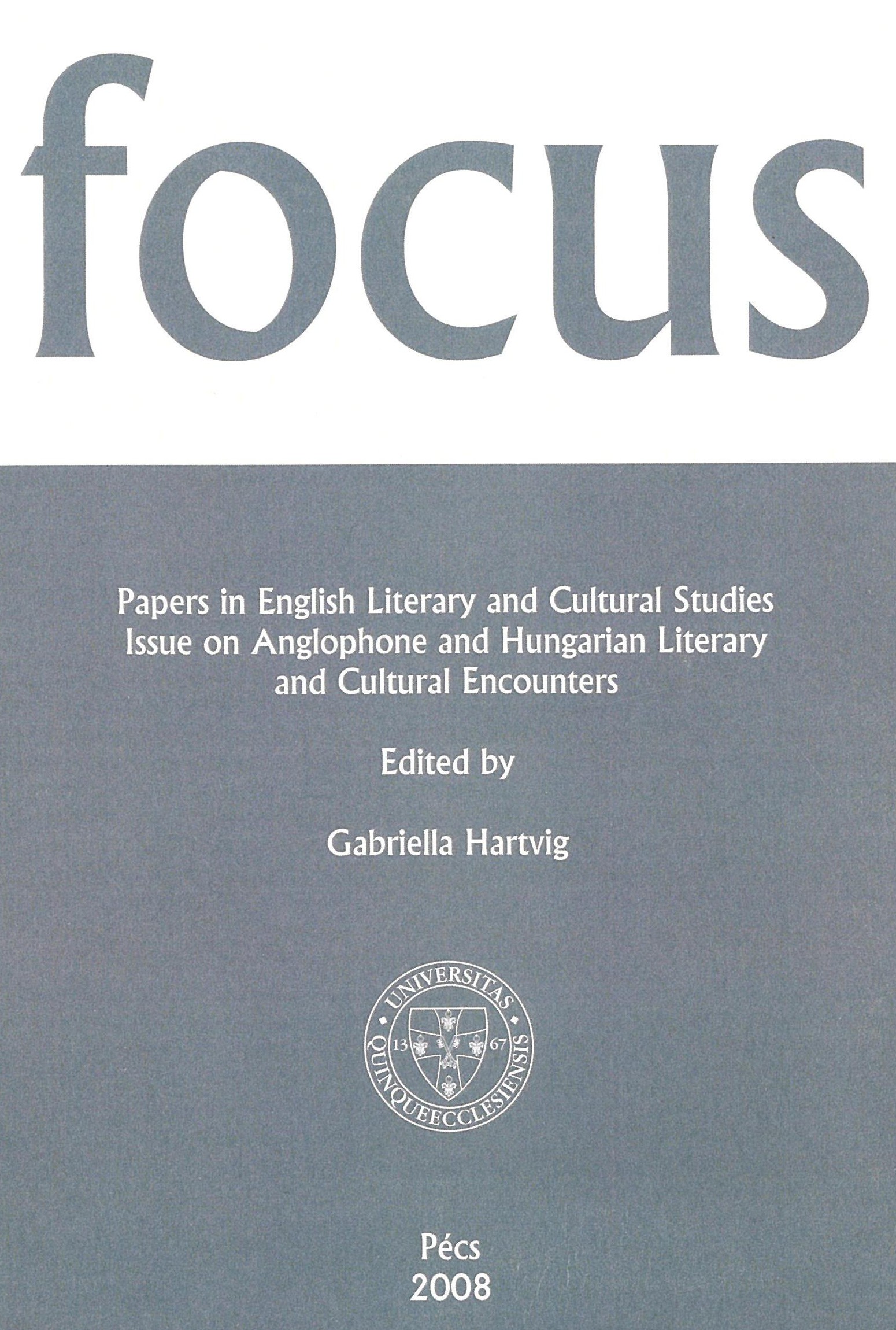“Blessed are the Peacemakers”: John Donne and Péter Pázmány on Religious Tolerance
Abstract
Those familiar with the Bible will recognize the first half of the title as a quotation from the Sermon on the Mount in the Gospel of Matthew. It is part of the Eight Beatitudes, which constitute the core of Christian moral teaching. The full beatitude reads, “Blessed are the peacemakers, for they shall be called the children of God” (Matthew 5:9). I would like to treat religious tolerance and interdenominational peace as dreamed by two seventeenth-century churchmen, hence the pertinence of the Biblical citation. These same words, “Blessed are the peacemakers,” echo the Latin motto, Beati pacifici, of James I of England and VI of Scotland, the Stuart
monarch committed to peace in Christendom (Stubbs 337). By quoting the motto of this pacifist king, I wish to refer to a specific peacemaking attempt, which took the form of a diplomatic mission to the Holy Roman Emperor Ferdinand II. The irenic English statesmen, with Donne as their chaplain, arrived in Vienna in the October of 1619 with the unfortunately futile mission of preventing, or at least nipping in the bud, what was to become the Thirty Years’ War. And it is during this failed peace mission that Donne may have met Péter Pázmány.
Downloads
Published
How to Cite
Issue
Section
License

This work is licensed under a Creative Commons Attribution-NonCommercial-NoDerivatives 4.0 International License.
FOCUS: Papers in English Literary and Cultural Studies follows the principles laid down by Creative Commons, which provides guarantees for the Author’s copyright while also ensuring that intellectual properties are made available for the wider public in a digital form. All papers submitted to the journal apply the following licence conditions (indicated on the journal’s website as well as in individual publications):
“© This work is licensed under a Creative Commons Attribution-NonCommercial-NoDerivatives 4.0 International License.”
You are free to:
- Share, copy and redistribute the material included in the journal in any medium or format under the following terms:
- Attribution — You must give appropriate credit to the Author, and indicate the original place of publication [FOCUS: Papers in English Literary and Cultural Studies, Issue nr., page numbers.].
- NonCommercial — You may not use the material for commercial purposes.
- NoDerivatives — You are not allowed to remix, transform, or build upon the material.
- The above conditions must always be indicated if the journal material is distributed in any form.
- The above conditions must always be met, unless a written permission signed by the Author and the Editor-in-Chief states otherwise.

